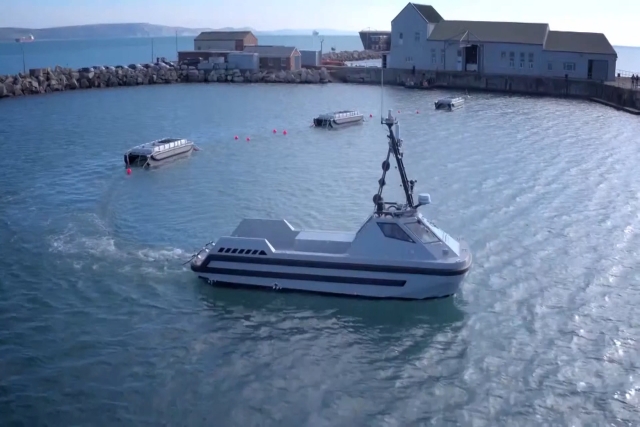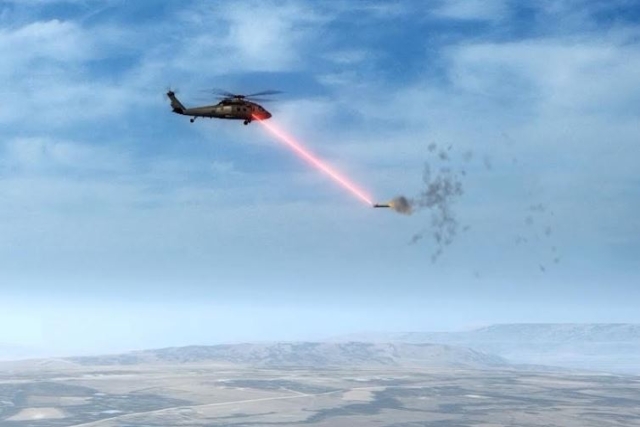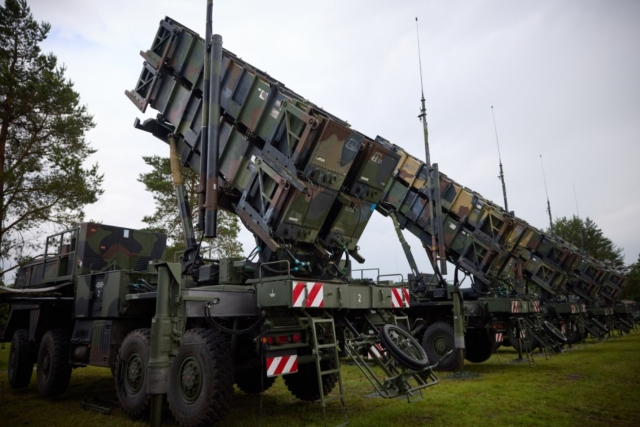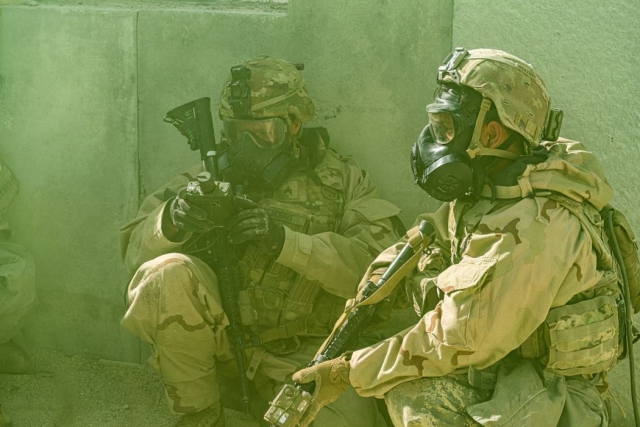Taipei Economic and Cultural Representative Office in the United States – PATRIOT Advanced Capability-3 Guided Missiles
WASHINGTON --- Today the Defense Security Cooperation Agency notified Congress of a possible Foreign Military Sale to Taiwan of 330 PATRIOT Advanced Capability (PAC-3) missiles, as well as associated equipment and services.>> The total value, if all options are exercised, could be as high as $3.1 billion.>> The Taipei Economic and Cultural Representative Office in the United States has requested a possible sale of 330 PATRIOT Advanced Capability (PAC-3) missiles, 4 AN/MPQ-65 Radar Sets, 2 Tactical Command Stations, 2 Information and Coordination Centrals, 6 Communication Replay Groups, 4 Engagement Control Stations, 24 Launching Stations, 12 Antenna Mast Groups, 282 Single Channel Ground and Airborne Radio System (SINCGARS) (115 AN/VRC-88E, 96 AN/VRC-90E, 13 AN/VRC-91E, and 58 AN/VRC-92E), 9 Electronic Power Plant III (EPP), 50 Multifunctional Information Distribution Systems (MIDS), battery and battalion maintenance equipment, prime movers, generators, electrical power units, personnel training and equipment, trailers, communication equipment, tool and test sets, spare and repair parts, publications, supply support Quality Assurance Team support services, U.S. Government and contractor engineering and logistics services, technical documentation, and other related elements of logistics support. The estimated cost is $3.1 billion.>> This sale is consistent with United States law and policy as expressed in Public Law 96-8. The U.S. is committed to providing military assistance under the terms of the Taiwan Relations Act.>> This proposed sale serves U.S. national, economic, and security interests by supporting the recipients continuing efforts to modernize its armed forces and enhance its defensive capability. The proposed sale will help improve the security of the recipient and assist in maintaining political stability, military balance, and economic progress in the region.









